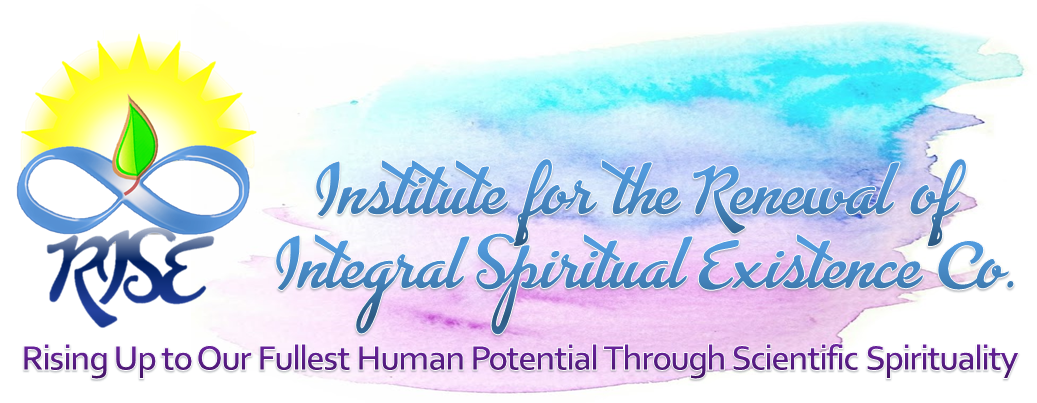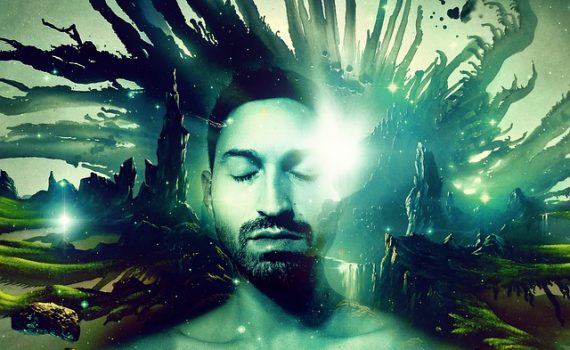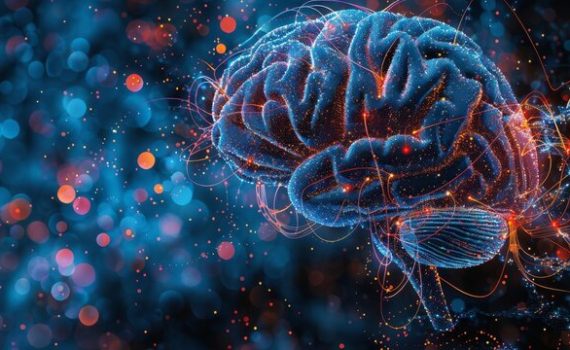Recent research published in NeuroImage reveals that romantic partners exhibit greater synchronization in both behavior and brain activity compared to close friends when processing emotions together. The study, involving 25 couples and 25 pairs of close friends, utilized EEG hyperscanning to measure neural synchronization while participants watched emotionally charged videos. Findings indicate […]
SECOND AND MORE SPIRITUAL SCIENTIFIC REVOLUTIONS
The article discusses the hypothesis that consciousness may have evolved primarily to enhance social interactions rather than simply to benefit individual survival. According to neuropsychologists Peter Halligan and David Oakley, consciousness facilitates the communication of thoughts and emotions, thereby promoting social cohesion and collective well-being. This perspective shifts the focus […]
The article discusses a “crisis of imagination” in contemporary society, where many individuals accept existing systems—government, politics, and economics—as the best possible solutions to global challenges, despite their evident flaws. It argues that this mindset stifles creativity and prevents exploration of alternative social designs. The author highlights the influence of […]
The article from The Guardian examines the intriguing concept of whether individuals can inherit memories from their ancestors, delving into both scientific research and philosophical implications. It discusses how recent studies suggest that trauma and experiences may be passed down through epigenetic mechanisms, potentially influencing behavior and emotional responses in […]
The article explores the intriguing connections between linguistics, quantum physics, and the Law of Attraction, suggesting that language shapes our perceptions and experiences of reality. It posits that just as quantum physics reveals the interconnectedness of all things at a fundamental level, the words we use can influence our thoughts […]
The document “The Vedic Tradition: Cosmos, Connections, and Consciousness” by Subhash Kak explores the profound insights of the Vedic texts, emphasizing their relevance to both ancient and modern contexts. It is organized into six parts covering various aspects, such as the overview of the Vedas, their connections to broader cultural […]
The article from Psyche delves into the philosophical exploration of consciousness, emphasizing the need to understand it beyond mere neurological processes. It discusses various philosophical perspectives, including dualism and materialism, and how these frameworks shape our understanding of consciousness. The piece highlights the complexities of defining consciousness and the implications […]
The article from Aeon examines how the psychiatric narrative surrounding auditory hallucinations, particularly the experience of hearing voices, can hinder individuals by framing these experiences solely as symptoms of mental illness. It argues that this perspective often overlooks the potential for these voices to hold personal significance or provide insight, […]
The article from Psyche explores how the buildings we inhabit can significantly influence our brain function and overall well-being. It discusses architectural design’s psychological and neurological impacts, emphasizing that light, space, and materials can affect mood, cognition, and even health outcomes. The piece highlights research indicating that environments designed with […]
The article explores the philosophical contributions of Wendell Berry and Rudolf Steiner to agriculture, advocating for a new narrative that emphasizes sustainability, community, and a deeper connection to the land. It highlights Berry’s critique of industrial agriculture and his call for a more mindful approach that respects ecological systems and […]
Denis Noble, a prominent biophysicist and systems biology pioneer, critiques the gene-centric model of biology that has dominated since the mapping of the human genome in 2003, arguing that it has failed to deliver on its promise of genetic cures for major diseases. Noble contends that evolution should be viewed […]
The article advocates for “neuroadaptability” over “neuroplasticity” to better capture the brain’s dynamic capacity for change, resilience, and adaptation, particularly in cult recovery. It critiques the notion of neuroplasticity as overly simplistic and potentially misleading, given its associations with plastic materials and the assumption of uniform change across all brain […]












